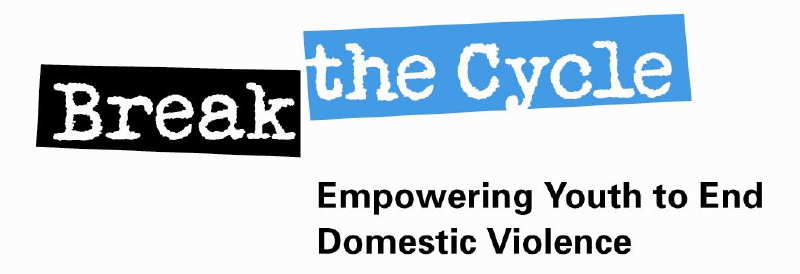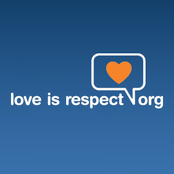Teen dating violence
- One in five high school students reports being physically and/or sexually abused by a dating partner.
- One in three teenagers reports knowing a friend or peer who has been hit, punched, kicked, slapped, strangled or physically hurt by their partner.
- 54% of parents admit they have not talked to their child about dating violence.
Definition:

Teen Dating Violence is defined (by the Centers for Disease Control Prevention) as the physical, sexual, or psychological/emotional violence within a dating relationship. This includes stalking. Teen dating violence can occur in person or electronically and may occur between a current or former dating partner. You may have heard several different words used to describe teen dating violence. Here are just a few:
Why Does Dating Violence Happen?
Communicating with your partner, managing uncomfortable emotions like anger and jealousy, and treating others with respect are a few ways to keep relationships healthy and non-violent. Teens receive messages about how to behave in relationships from their peers, from adults in their lives, and from the media. All too often these examples suggest violence in a relationship is okay. Violence is never acceptable. But there are reasons why it happens.
Violence is related to certain risk factors. Risks of having unhealthy relationships increase for teens who:
Safe Dates- Teen Dating Curriculum
Elijah Haven goes into local high schools and middle schools educating on how to recognize, avoid, and get out of a teen dating violence situation. Teens also learn how to stay safe and what healthy relationships should look like.
Speaker -Jamelle Godlewski
Check out one of these resources to learn more about Teen Dating Violence. Click on one of the icons to visit these Web sites:
- Relationship Abuse
- Intimate Partner Violence
- Relationship Violence
- Dating Abuse
- Domestic Abuse
- Domestic Violence
Why Does Dating Violence Happen?
Communicating with your partner, managing uncomfortable emotions like anger and jealousy, and treating others with respect are a few ways to keep relationships healthy and non-violent. Teens receive messages about how to behave in relationships from their peers, from adults in their lives, and from the media. All too often these examples suggest violence in a relationship is okay. Violence is never acceptable. But there are reasons why it happens.
Violence is related to certain risk factors. Risks of having unhealthy relationships increase for teens who:
- Believe it's okay to use threats or violence to get their way or to express frustration or anger.
- Use alcohol or drugs.
- Can't manage anger or frustration.
- Hang out with violent peers.
- Have multiple sexual partners.
- Have a friend involved in dating violence.
- Are depressed or anxious.
- Have learning difficulties and other problems at school.
- Don't have parental supervision and support.
- Witness violence at home or in the community.
- Have a history of aggressive behavior or bullying.
Safe Dates- Teen Dating Curriculum
Elijah Haven goes into local high schools and middle schools educating on how to recognize, avoid, and get out of a teen dating violence situation. Teens also learn how to stay safe and what healthy relationships should look like.
Speaker -Jamelle Godlewski
Check out one of these resources to learn more about Teen Dating Violence. Click on one of the icons to visit these Web sites:


